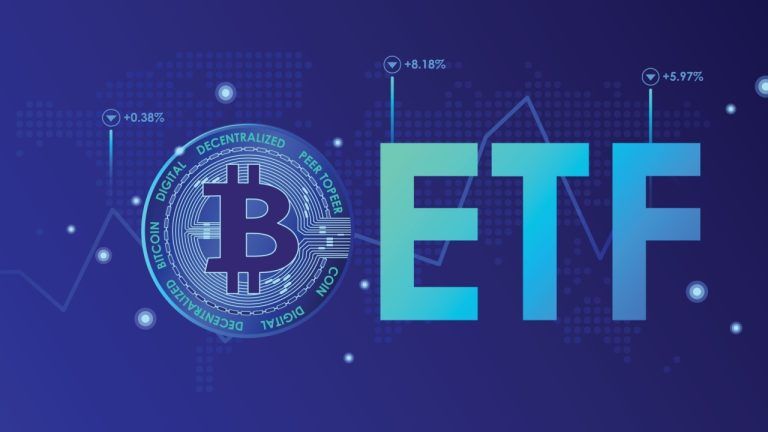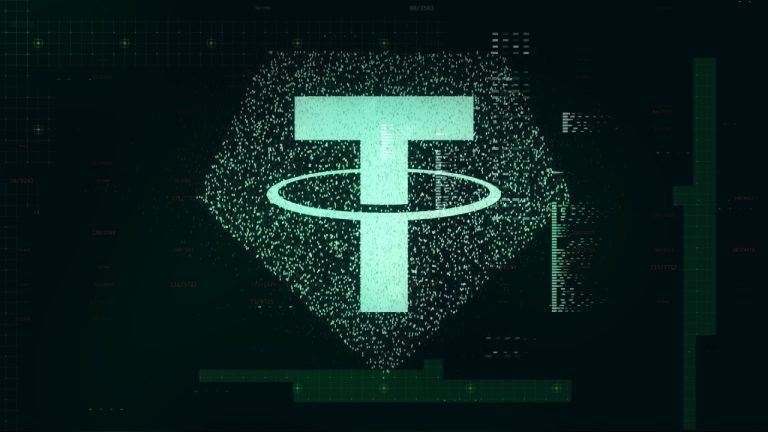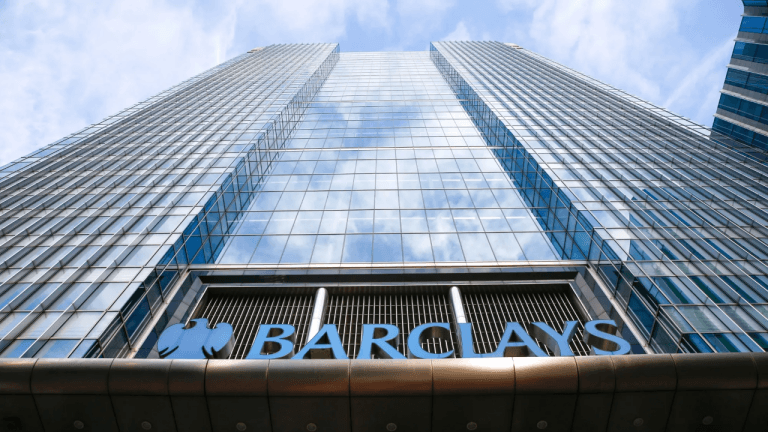
Tether engages with US lawmakers on stablecoin regulatory framework, says CEO Paolo Ardoino
Key Takeaways
- Tether is actively engaging with US lawmakers regarding new stablecoin regulations.
- Proposed regulations will require Tether to have monthly audits and maintain one-to-one reserves.
Share this article
Tether is working closely with US lawmakers to help shape upcoming stablecoin regulations, according to FOX Business journalist Eleanor Terret. Tether CEO Paolo Ardoino confirmed the firm’s active engagement with top legislators.
The company wants to ensure their “voice is heard” in the process, Ardoino said, expressing a willingness to compromise and adjust in order to ensure their continued operation within the legal framework.
“We are going to work within the regulatory framework, and we are going to try to advise on every single one of these field proposals to make sure that our voice is heard,” Ardoino said, addressing three stablecoin bills recently introduced in the House and Senate.
Representative Bryan Steil, chairman of the Financial Committee Digital Assets Subcommittee, confirmed Tether’s involvement in discussions regarding the STABLE Act, which he co-introduced with Congressman French Hill.
The proposed legislation would require stablecoin issuers to maintain reserves consisting only of high-quality, liquid assets, such as US Treasury bills and insured deposits. The dominant player of the stablecoin sector, with its USDT taking approximately 60% of the market share, currently holds over $114 billion in short-term Treasury bills in its reserves.
JPMorgan analysts suggest that if the proposed US stablecoin regulation passes, Tether might need to sell part of its Bitcoin and precious metals holdings to comply with the new rules.
The company, which currently provides quarterly assessments from accounting firm BDO, would need to submit to monthly audits by a US accounting firm and maintain one-to-one reserves with regulator-approved assets under the proposed framework.
In response to JPMorgan’s report, Ardoino argues that their conclusions show a misunderstanding of the company’s operations and the regulatory process.
Tracking the progress of three key bills
Three stablecoin bills are making their way through Congress, each proposing different approaches to regulating digital assets.
The STABLE Act seeks to establish a regulatory framework for stablecoins with bipartisan backing. The bill preceded Waters’ proposal and is under review ahead of a digital assets subcommittee hearing.
Senator Bill Hagerty’s GENIUS Act, introduced on February 4, 2025, proposes federal oversight of payment stablecoins while preserving state regulatory authority. The bill has gained bipartisan support and is being prioritized for passage within President Trump’s first 100 days in office.
Rep. Maxine Waters introduced a stablecoin bill on February 10, 2025, that would require issuers to register and maintain one-to-one reserves backed by US currency or approved assets. The legislation focuses on consumer protection and anti-fraud measures in the crypto industry.
The GOP-controlled House and Senate are targeting April for a bill to be signed into law.
Share this article
Go to Source
Author: Vivian Nguyen








